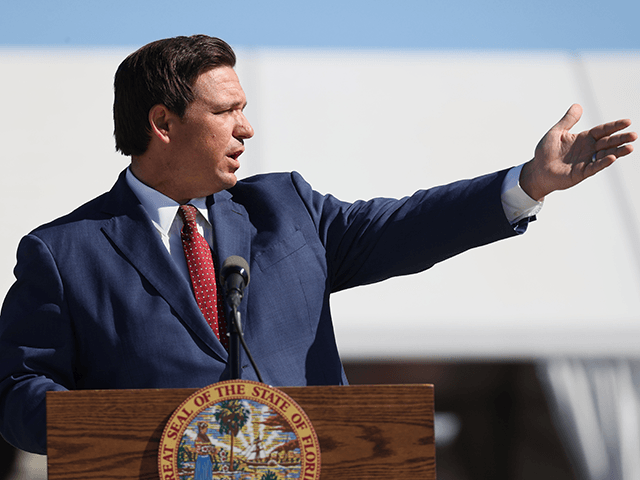U.S. consumer sentiment improved further in late March to a one-year high as states lifted restrictions on business, more Americans got vaccinated, the labor market strengthened, the third round of relief payments was distributed, and evidence mounted that President Donald Trump left the country with a stronger economy than was previously thought.
The University of Michigan consumer sentiment index rose to 84.9 from the mid-month reading of 83. This beat the median forecast in Econoday’s survey of 83.3. In February, the sentiment index stood at 76.8.
Consumers’ assessments of current conditions jumped to 93 from 86.2 in February. The expectations gauge soared to 79.7 from 70.7.
“Consumer sentiment continued to rise in March, reaching its highest level in a year due to the third disbursement of relief checks and better than anticipated vaccination progress,” said Richard Curtin, the survey’s chief economist.
Six states, including Florida and Texas, have lifted all pandemic restrictions. Forty states are easing restrictions, three have paused, and West Virginia is tightening restrictions.
The year-ago levels now reflect the beginning of the pandemic’s impact on the U.S. economy. The expectations score, for example, is now even with the March 2020 level. The current conditions component is down only 10.3 percent from the year-ago level. And the overall index is down just 4.7 percent.
Measured against the prepandemic levels, however, consumer sentiment is still extremely depressed. Curtin points out in his note that only 45 percent of the sentiment index has been recovered.
Impatience with social distancing and lockdowns of businesses and schools is growing. Nearly one-third of consumers voiced concerns about isolation, the highest level in a year.
Curtin noted that “the current and prospective stimulus and infrastructure spending has the potential to spark an inflationary psychology.”
“The key issues are not to underestimate the ultimate impact of economic policies on employment and inflation, and not to overestimate the ability of economic policies to bring any excesses to a painless soft-landing,” Curtin wrote.
The majority of consumers reported hearing of recent gains in the national economy, particularly job gains. The nonfarm payrolls report for February—released on March 5th—showed the economy added 379,000 jobs.
The data point to “robust increases in consumer spending,” according to Curtin. Whether that will be sustained will depend on whether Americans draw down on the unusual high savings accumulated during the pandemic.

COMMENTS
Please let us know if you're having issues with commenting.